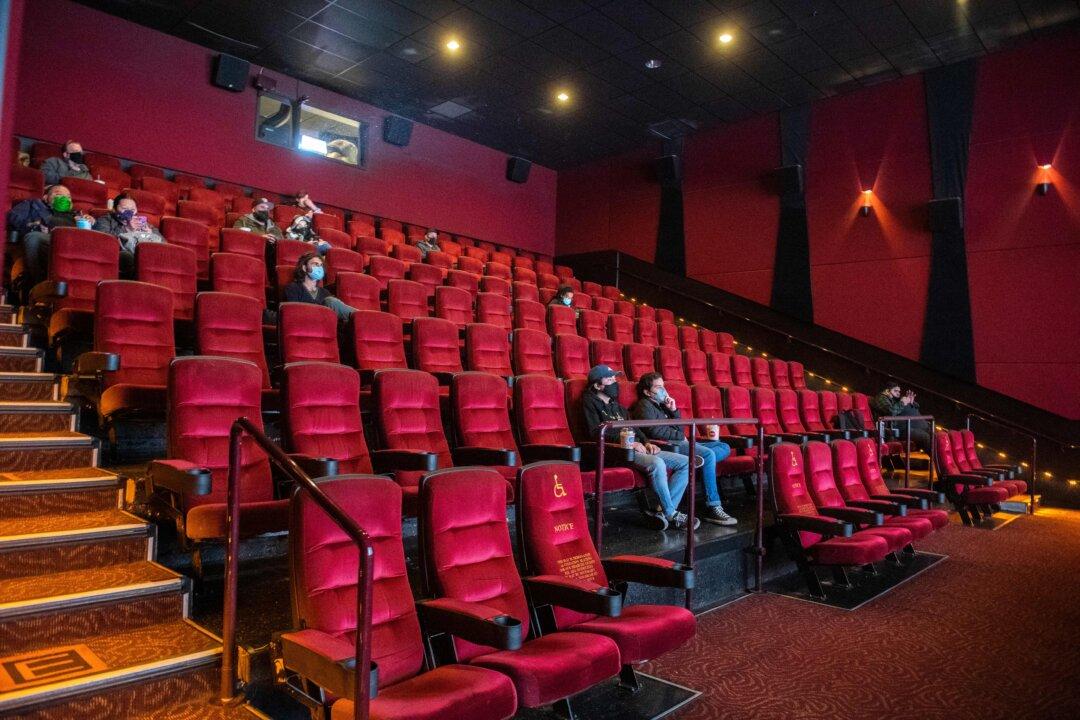Michael O’Leary, president and CEO of Cinema United—the leading trade organization for movie distributors—weighed in on the state of the movie industry this week, calling for a longer theatrical window for films.
During his second-annual state of the industry address at CinemaCon in Las Vegas on April 1, O’Leary said that a longer theatrical window would give films a better chance to succeed.





